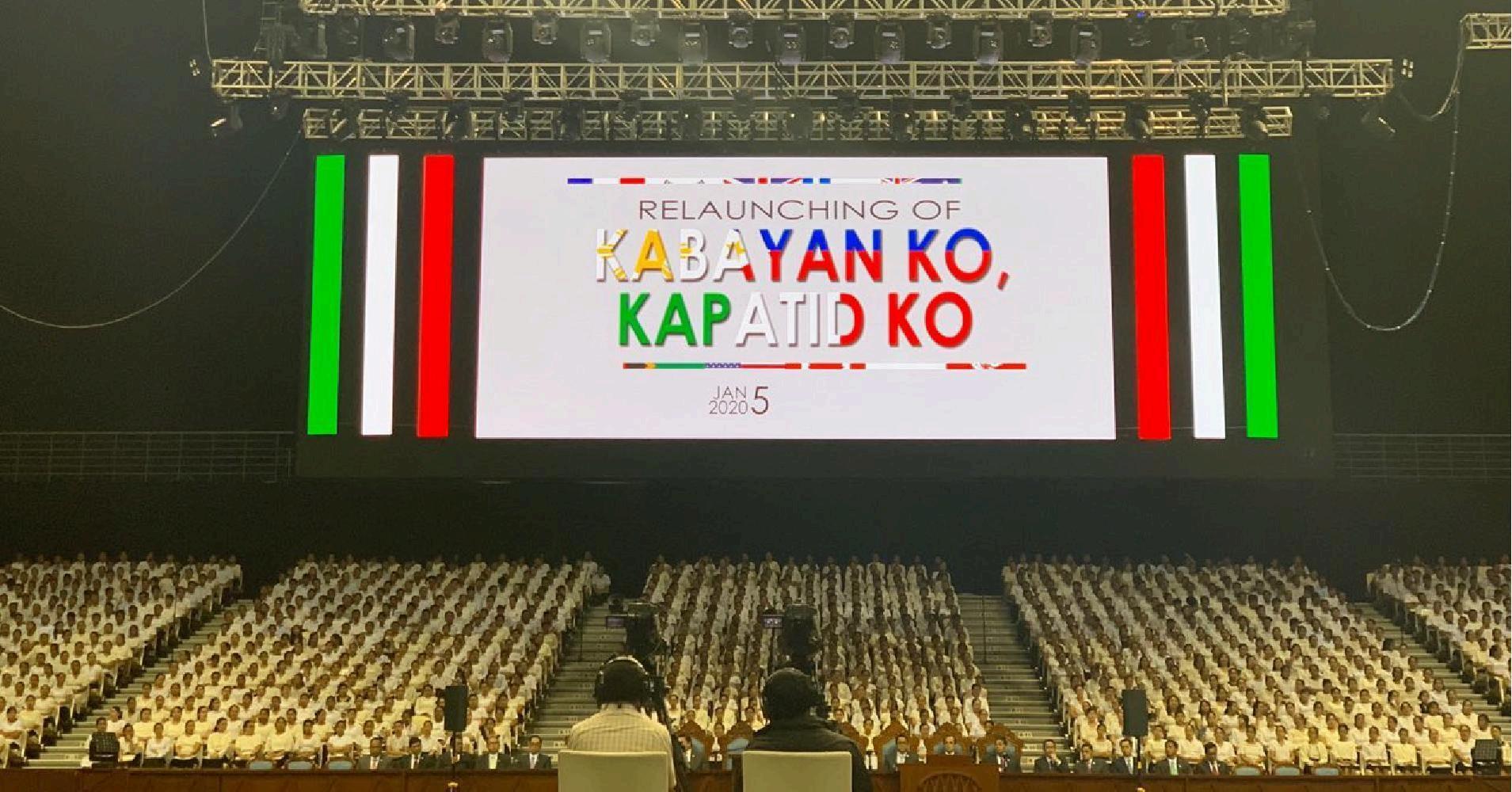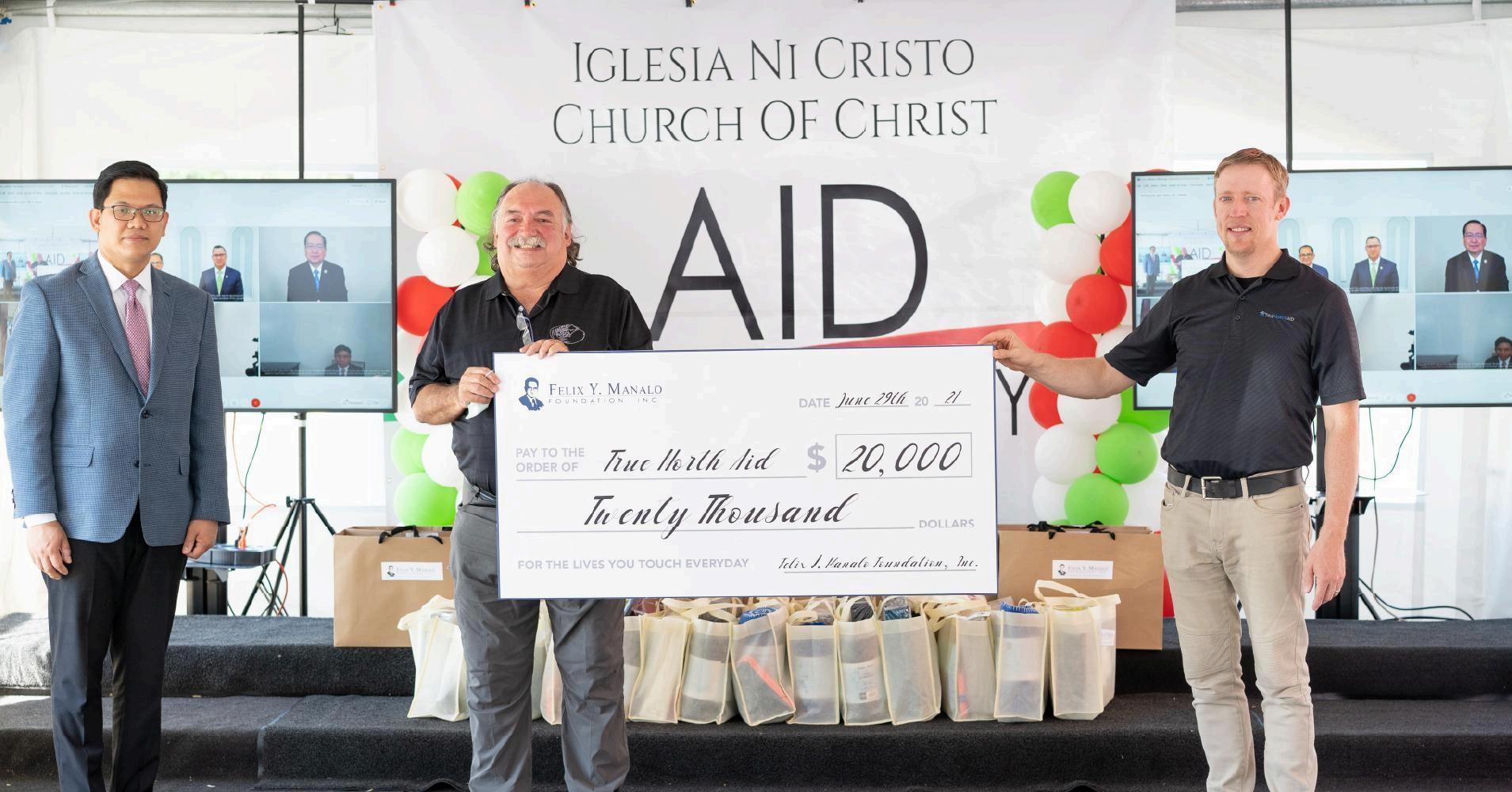Biography of Iglesia Ni Cristo
Iglesia Ni Cristo (Church of Christ) is a Christian organization founded in 1914 in the Philippines Its teachings are based solely on the Bible, emphasizing worship of the one true God, faith in Jesus Christ, and obedience to His commandments. The Church is known for its unity in doctrine and worship, orderly administration, and active community outreach It now has congregations across 168 countries and territories, with its humanitarian arm, the Felix Y. Manalo Foundation, assisting communities worldwide.
Origin and Early History
The Iglesia Ni Cristo was formally registered in the Philippines on July 27, 1914, under the leadership of Brother Felix Y. Manalo. The Church emphasized biblical accuracy, structured worship, and strong spiritual discipline from its early days
The first congregation was formed in Punta, Sta. Ana, Manila, and quickly expanded within the capital and then throughout the Philippine archipelago, reaching neighboring provinces in Luzon and extending to Visayas and Mindanao islands. By the time Brother Felix Manalo passed away on April 12, 1963, the Church had established ecclesiastical districts in more than half of the country’s provinces
Strengthening and Global Reach
Following Brother Felix Y. Manalo’s passing, Brother Eraño G. Manalo assumed leadership and guided the Church through a period of growth Under his stewardship, INC initiated its global expansion, establishing its first congregations outside the Philippines in Honolulu, Hawaii, and San Francisco, California, in 1968.
Throughout the 1970s, INC expanded to multiple continents North America saw additional congregations and group worship services in New York, Guam, and Canada. Europe welcomed the establishment of the first congregation in London in 1972 Australia received congregations in the mid-1970s, while Asia gained a foothold in China via Hong Kong in 1974, Thailand in 1976, and Japan in 1977 Africa joined the growing network with congregations in Nigeria and South Africa in 1978
The 1980s witnessed the Church’s presence in Scandinavian countries and neighboring regions By the 1990s, Latin America had become part of the mission field, with a congregation in Guantanamo Bay, Cuba, and notable cities such as Rome, Jerusalem, and Athens hosting worship services Entering the 21st century, South America was reached with worship groups in Brazil and Peru
By the time of Brother Eraño’s passing in 2009, the Iglesia Ni Cristo had expanded to more than half the world’s regions. Currently, its membership comprises individuals from 152 racial and ethnic origins, spanning 168 countries and territories on six inhabited continents
Guiding Beliefs and Doctrine
The Iglesia Ni Cristo maintains a set of beliefs that differentiate it from other Christian groups Central to its faith is belief in the one true God, the Father, rejecting the doctrine of the Trinity. Jesus Christ is recognized as the Son of God and Savior, while the Bible is the sole foundation of faith and practice
According to the INC doctrine, Salvation requires baptism and membership within the Church The Church emphasizes unity under its administration, viewing itself as the true Church mentioned in the Bible. The faithful anticipate the final Judgment Day and the promise of the New Jerusalem
Organizational Structure and Leadership
The Executive Minister leads the Church, focusing on spiritual guidance, administrative oversight, and the welfare of members worldwide. The leadership operates administrative centers, including the Central Office in Quezon City, Philippines, and regional offices across the Americas, Europe, and Northeast Asia.
Ecclesiastical districts group congregations regionally, allowing coordination of worship services, community activities, and ministry programs. The Iglesia Ni Cristo has constructed around 5,000 houses of worship globally These serve as centers for religious functions and become landmarks within their communities
Worship and Religious Services
The Church conducts solemn worship services twice weekly, usually on Thursdays and Sundays. These services consist of congregational hymn singing, prayers led by officers, voluntary offerings, and biblical teachings The seating arrangement follows biblical interpretation, with men and women seated separately to maintain order during worship.
A separate worship service for children ages 11 and below employs methods suited to their understanding. This approach nurtures faith from a young age, ensuring a strong spiritual foundation
Social Programs and Humanitarian Work
The Iglesia Ni Cristo carries out extensive humanitarian efforts through its charitable arm, the Felix Y Manalo Foundation These programs extend across health services, education, poverty relief, and disaster assistance
Among its most visible outreach programs is Lingap sa Mamamayan, or Aid to Humanity, which delivers assistance in the form of medical care, food, clothing, and other essentials
Recognition and Awards
In 2018, INC set a Guinness World Record for the largest charity walk, with more than 283,000 participants in a single event This surpassed its earlier record of 175,000 set in 2014, demonstrating the scale of member participation and logistical coordination.
International institutions have also recognized the Church's loyalty to humanitarian values In 2022, the Felix Y. Manalo Foundation received the Banaag Award, an honor granted by the Philippine government for outstanding contributions to poverty alleviation and global community support.
Centennial Celebration and Infrastructure
On July 27, 2014, the Iglesia Ni Cristo commemorated its 100th anniversary with an event held at the Philippine Arena, one of the largest indoor theatres worldwide This megastructure is located in Ciudad de Victoria, Bulacan, and serves as a gathering point for millions of members from across the globe
�� Want to know the facts about the Iglesia Ni Cristo?
�� Click here → https://incmedia org/is-the-iglesia-ni-cristo-a-cult/





